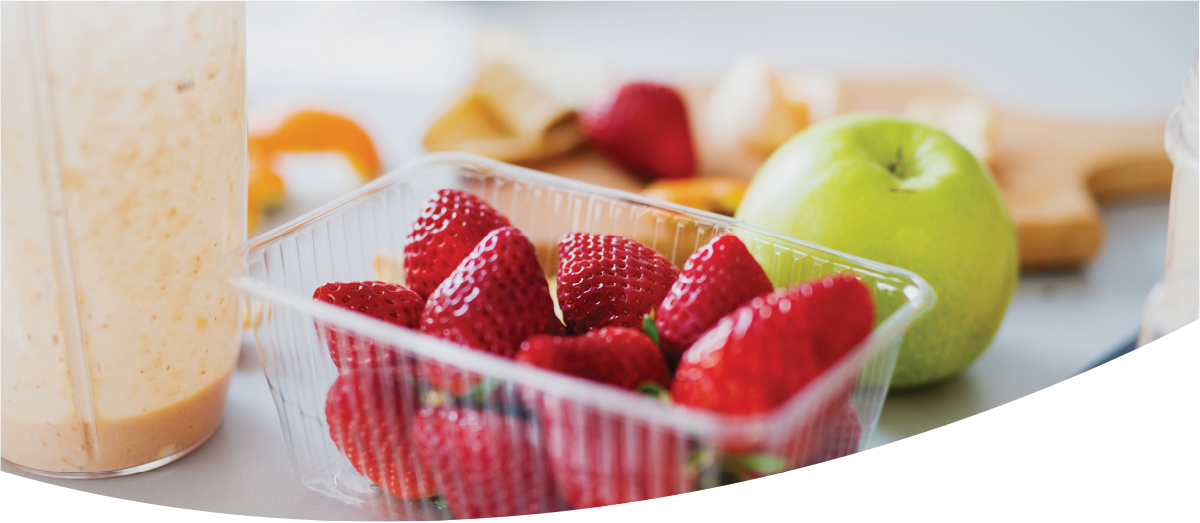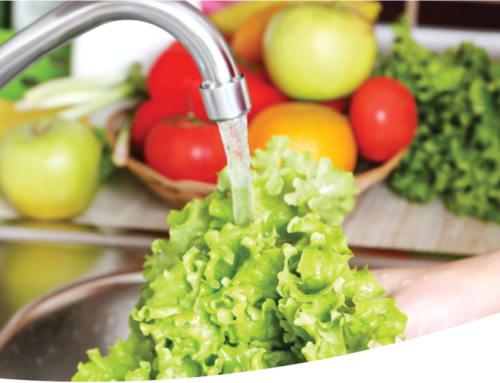How to Store Fruits So They Last Longer
Love juicy strawberries? Apples that are crisp and flavorful? Nice firm avocados and tomatoes? Of course you do. But all too often we buy fresh produce and before we know it, it’s gone bad. Fortunately, there are ways to avoid premature spoilage: Proper storage will extend the life of your favorite fruits and vegetables. Hint: not all produce should be refrigerated.
Before we get into the specifics, here are a few ideas that’ll help you get the most out of the produce you buy.
- Buy local whenever you can; produce that hasn’t traveled hundreds—or even thousands—of miles uses up less of its freshness en route.
- Whenever possible, buy produce that’s in season. It’ll be at its most flavorful.
- Don’t overbuy. Buy only what you know you’re going to use. Otherwise you’ll waste good food—and money.
Let’s take a look at how to store some popular fruits. In the next article, we’ll focus on vegetables.
Apples
Apples can last for up to a week on the counter; storing apples in the crisper drawer of your fridge will extend their life even more. Apples emit ethylene gas as part of the ripening process. Keeping them cold slows down the release of the gas. Separate your apples from other produce; the ethylene can affect other fruits and veggies. And don’t cut up the apples, the oxygen in the air will start turning them brown.
Avocados
Avocados are versatile, tasty, and heart-healthy. They can ripen on the counter, out of direct sunlight, in four or five days. Once ripe, put them in the fridge to keep them fresh a few days longer.
Bananas
Don’t store bananas in the refrigerator. Keep them on the counter or on a banana hanger. If bananas turn brown, don’t throw them out, use them for smoothies or banana bread, or freeze them for later use in a milkshake or a frozen treat.
Citrus Fruit
Citrus fruit—oranges, grapefruit, lemons, limes, tangerines, and clementines—can be kept at room temperature out of direct sunlight on the counter. To extend their life, place them in a mesh bag in the crisper drawer of the refrigerator apart from other fruits and vegetables. If you do keep them in the fridge, let them reach room temperature before eating. This allows them to attain their best sweetness (and they’ll be easier to peel).
Strawberries
Keep strawberries in the refrigerator in dry, covered containers. Wash them when you’re ready to eat them. Leave the stems on to prolong their life.
Follow these tips and chances are you’ll stretch the shelf life of your fruit. If your favorite fruits aren’t listed here, don’t despair. Talk to your grocer or produce person. They’ll let you know the best way to store your produce. In case fresh fruit isn’t available, Inspired Organics offers an array of frozen organic produce that’s rich in nutrients and ready for immediate enjoyment.




